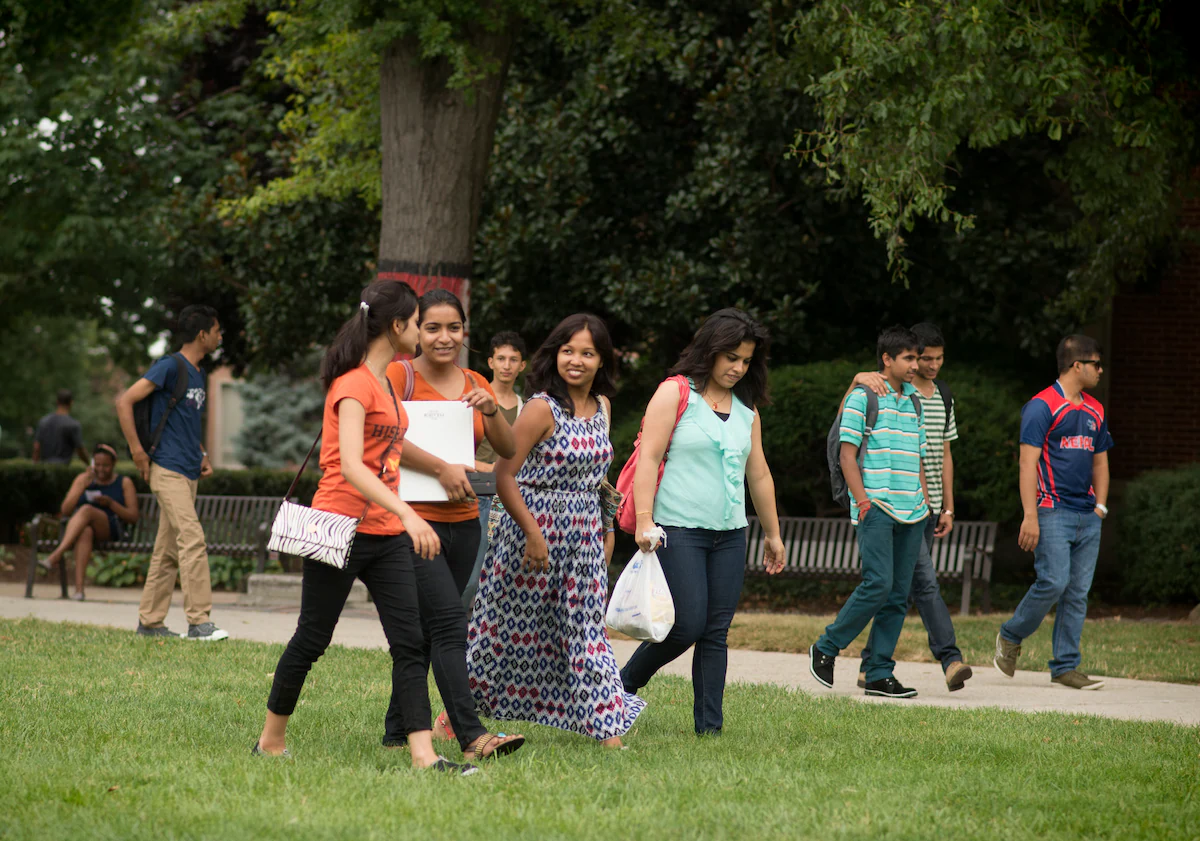Nepali Students in the U.S. Face Visa Challenges and Uncertainty
- March 16, 2025
- 1 minutes reading

For Nepali students studying in the U.S., securing a visa renewal or work permit has become increasingly difficult. Many students who entered on F-1 visas are now struggling to transition to work visas (H-1B) due to the competitive lottery system and changing policies.
Ramesh Pandey, an engineering student at Purdue University, was thrilled to graduate last year but now faces visa expiration because he couldn’t secure an H-1B work visa.
“I got a job offer, but my visa status keeps me in limbo. If I can’t get the H-1B, I have to leave the country,” he said.
Many Nepali students rely on Optional Practical Training (OPT), a temporary work program that allows them to work in their field for one to three years after graduation. However, due to the backlog of applications, thousands of students face delays or rejections.
Some are now turning to Canada or Australia, where immigration rules are more favorable for international graduates.
“After spending years in the U.S. and thousands of dollars in tuition, I might have to leave,” said Ramesh. “It’s heartbreaking.”
With the upcoming election season, immigration policies for international students and skilled workers may change further. Until then, Nepali students remain in uncertainty, hoping for reforms that will let them stay and work legally.